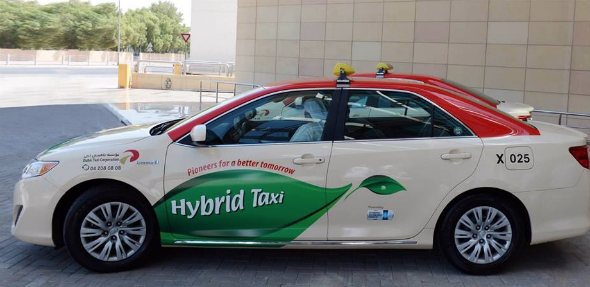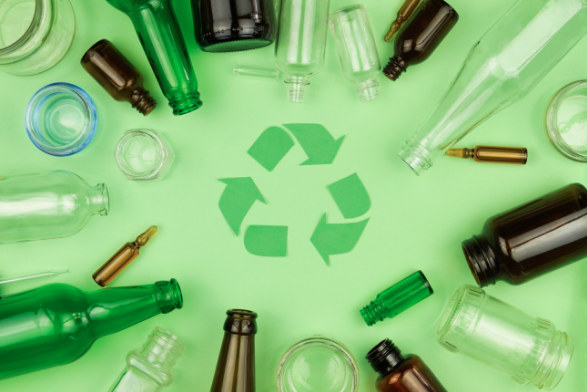Waste Management solutions have evolved tremendously to meet the high standards of sustainability and profitability. These solutions are developed around the fact that the world is under a climate crisis and as a part of the climate action plan, waste management solutions become integral for survival. Many jump to empty conclusions in regards to how to fight climate change or global warming, but are blind to adopting smart strategies to implement and eradicate the problem.

Waste accumulation accounts for a major chunk of global warming, as it causes greenhouse gas emissions and pollutes our oceans, environment, and our natural source of food. How? Well, marine life is a major source of protein for many around the world and it is heavily impacted due to the waste found in the oceans. The waste, which is mostly plastic waste, ends up breaking down into microplastics which are mistaken for food. That is just one way of waste interacting with marine life, many of them tend to die by getting caught in a mass swirl of waste. Due to such incidents, the entire ecosystem gets compromised causing a chain reaction.
Similar is the case with the waste accumulated on land at the landfills. From landfills, some of the waste ends up in the oceans or it is left to rot or burn. Both ways it is emitting greenhouse gasses, which traps the heat in the atmosphere, causing global warming. If all that waste was to be taken care of, there would be fewer GHG emissions and our planet wouldn’t be warming up as it is today.
Innovative waste management solutions are there to help us manage our waste and ensure that an object’s usability is maximized. It can be done by either reusing, recycling, or reducing. All of that is applicable on an individual level. However, industrial-scale waste management or community-wide waste management requires specialized resources and strategic planning. As a result, waste management solutions are being implemented around the world in different industries to combat waste production.
Get More Info : waste management solution
Dubai waste management
Websites : https://yesfullcircle.com/
Contact Us : Recycling Companies in Dubai






